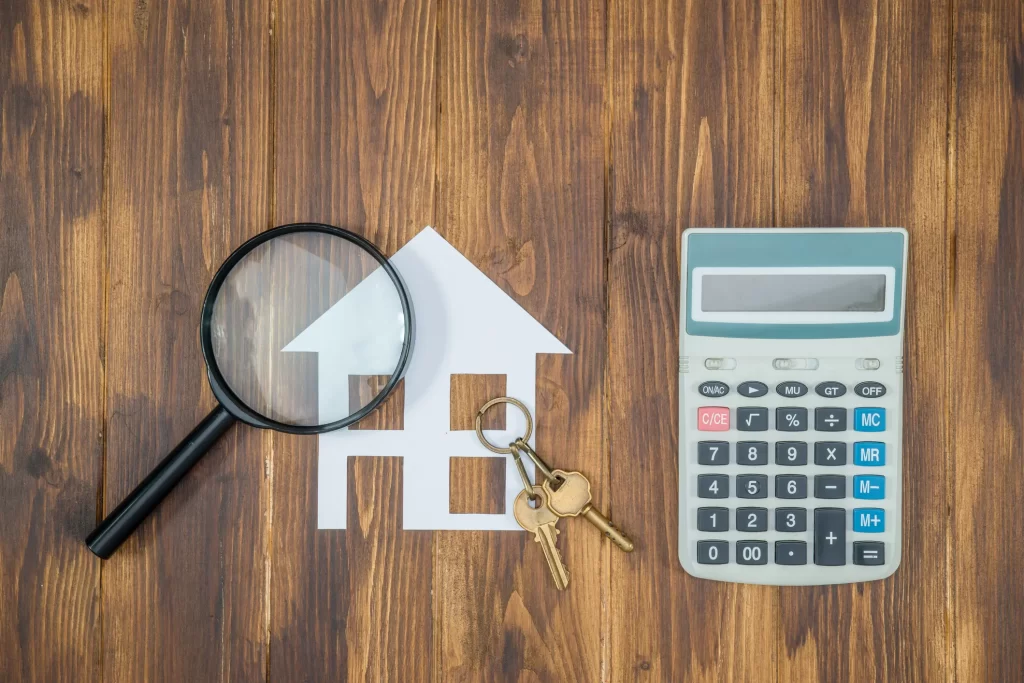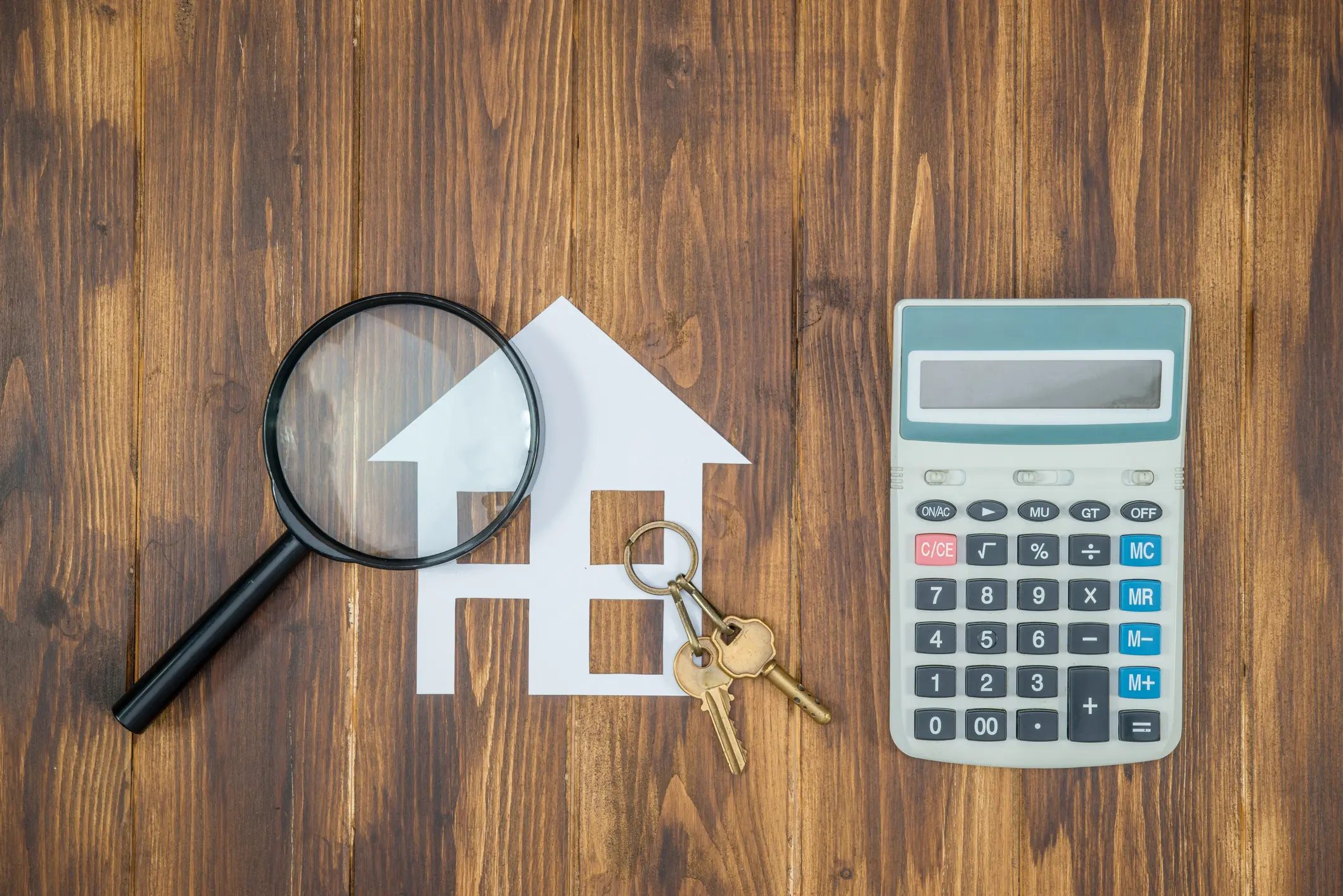
Selling a house involves various costs that homeowners need to consider. Whether you’re selling your property to upgrade, downsize, or relocate, it’s important to be aware what are the costs of selling a house.
This article will provide an overview of the costs involved in selling a house, factors that affect these costs, and tips on how to minimize them.
Costs Associated with Selling a House
Real Estate Agent Commission
One of the significant costs when selling a house is the real estate agent commission. Typically, real estate agents charge a percentage of the final sale price as their commission. The commission covers their services in marketing the property, finding potential buyers, negotiating offers, and facilitating the closing process. The commission rate can vary, so it’s essential to discuss and negotiate this aspect with your chosen real estate agent.
Home Repairs and Staging
To attract potential buyers and get the best possible sale price, it’s common for sellers to invest in home repairs and staging. These costs can include fixing any structural or cosmetic issues, repainting walls, replacing outdated fixtures, and enhancing curb appeal. Staging involves presenting the house in a way that highlights its features and creates a welcoming atmosphere for potential buyers.
Marketing and Advertising
Effective marketing and advertising are crucial for attracting potential buyers to your property. The costs associated with marketing and advertising can include professional photography, virtual tours, online listings, print materials, and promotional campaigns. Investing in these marketing strategies can help increase visibility and generate interest in your house.
Closing Costs
During the closing process, several costs need to be settled. These closing costs typically include fees for the escrow agent, title search, title insurance, attorney fees, and recording fees. The buyer and seller may have different responsibilities for covering these costs, depending on local customs and negotiations.
Transfer Taxes
In some jurisdictions, there are transfer taxes imposed when selling a house. These taxes are usually a percentage of the property’s sale price and are paid by the seller. It’s important to research the transfer tax regulations in your area to understand the potential costs involved.
Title Insurance
Title insurance is a form of protection for both the buyer and the seller. It provides coverage in case any legal issues arise with the property’s ownership or title. The seller is typically responsible for purchasing the buyer’s title insurance policy, which protects the buyer’s interests. The cost of title insurance can vary depending on the property’s value and the insurance provider.
Preparing Legal Documents
When selling a house, various legal documents need to be prepared, such as the purchase agreement, disclosure forms, and transfer documents. These documents ensure a smooth and legally binding transaction. You may need to hire an attorney or a real estate professional to assist with the preparation of these documents, incurring additional costs.
Home Inspection and Appraisal
Buyers often request a home inspection to assess the property’s condition and identify any potential issues. As the seller, you may choose to conduct a pre-listing home inspection to address any issues beforehand. Additionally, the buyer’s lender may require a professional appraisal to determine the property’s value. Both the home inspection and appraisal come with associated costs that the seller may need to cover.
Factors Affecting the Costs
Location and Market Conditions
The location of your property plays a significant role in determining the costs of selling a house. In areas with high demand and low inventory, sellers may have more leverage, potentially resulting in higher sale prices and fewer concessions. On the other hand, in a buyer’s market or an area with a slower real estate market, sellers may need to invest more in marketing or lower their asking price.
Home’s Condition and Age
The condition and age of your home can impact the costs associated with selling it. A well-maintained and updated property may require fewer repairs and improvements, reducing the overall expenses. Conversely, an older home or one in need of significant repairs may require more investment to make it market-ready. Read more about “What costs are associated with selling a home in Ontario” on our blog page today!
Sale Price and Negotiations
The sale price of your house and the negotiations with potential buyers can influence the costs you’ll incur. If you’re selling at a higher price point, the real estate agent commission and other percentage-based costs will be higher. Negotiating closing costs and other expenses with the buyer can also affect your overall costs.
Choice of Real Estate Agent
The real estate agent you choose can impact the costs associated with selling your house. Different agents may have varying commission rates and service fees. It’s essential to research and compares multiple agents to find one who offers a favorable commission structure and provides quality services.
Timeframe
The timeframe in which you need to sell your house can affect the costs. If you’re in a hurry to sell, you may need to invest more in marketing and advertising to attract buyers quickly. Additionally, you may need to make cost-effective repairs instead of undertaking extensive renovations that take time.
Tips to Minimize Selling Costs
Research and Compare Real Estate Agents
Take the time to research and compare multiple real estate agents before making a decision. Request information about their commission rates, services provided, and track record of successful sales. By finding a real estate agent Mississauga who offers competitive rates and has a proven ability to sell houses efficiently, you can minimize your selling costs.
Make Cost-Effective Repairs and Improvements
Prioritize cost-effective repairs and improvements that will enhance the appeal of your house without breaking the bank. Focus on essential repairs, such as fixing plumbing issues or repairing damaged flooring. Consider inexpensive updates, such as a fresh coat of paint or landscaping improvements, that can significantly impact the property’s appearance.
Consider Alternative Marketing Strategies
Explore alternative marketing strategies that can be more cost-effective than traditional methods. Utilize social media platforms, online listings, and virtual tours to reach a wider audience. By leveraging technology and digital marketing tools, you can reduce advertising expenses while still effectively promoting your property.
Negotiate Closing Costs
During the negotiation process, discuss the allocation of closing costs with the buyer. Some costs, such as escrow fees or title insurance, can be negotiable. By working collaboratively with the buyer, you may be able to minimize your share of the closing costs, reducing your overall expenses.
Time the Sale Strategically
Timing can impact the costs of selling a house. Consider market conditions and seasonal trends when deciding the optimal time to list your property. A well-timed sale can attract more buyers and potentially lead to a higher sale price, reducing the impact of other selling costs.
Conclusion
Selling a house involves various costs that can significantly impact your financial outcome. By understanding the different expenses associated with selling a house and considering factors that influence these costs, you can make informed decisions to minimize your expenses. Researching real estate agents, making cost-effective repairs, exploring alternative marketing strategies, negotiating closing costs, and strategically timing your sale are effective strategies for reducing the costs of selling a house.
If you’re planning to sell your house soon, you better call JOE BATTAGLIA today! He provides nothing but the best service and advice when it comes to selling your home. With over 20 years of experience, Joe can help you maximize your sale price while minimizing costs. Get in touch with Joe now to get started!
FAQs: What are the Costs of Selling a House
How much is the average real estate agent commission?
The average real estate agent commission is typically around 5% to 6% of the final sale price of the house. However, commission rates can vary depending on the region and the specific agreement between the seller and the agent.
Are closing costs negotiable?
Yes, closing costs are often negotiable between the buyer and the seller. Both parties can discuss and agree on how these costs will be allocated during the negotiation process.
Do I need to hire a professional home stager?
Hiring a professional home stager is not mandatory, but it can significantly enhance the presentation and appeal of your property to potential buyers. Staging can help create a welcoming atmosphere and showcase the best features of your house.
What is title insurance, and why is it important?
Title insurance is a policy that protects the buyer and lender against any legal issues or claims against the property’s ownership or title. It provides financial coverage and ensures a smooth transfer of ownership. Title insurance is important to protect the buyer’s investment and provide peace of mind during the transaction.
Can I sell my house without a real estate agent?
Yes, it is possible to sell your house without a real estate agent. However, it requires significant knowledge of the selling process, marketing expertise, and legal understanding. Selling a house without an agent can be challenging and time-consuming, so many homeowners prefer to work with a professional to ensure a smooth and successful sale.

